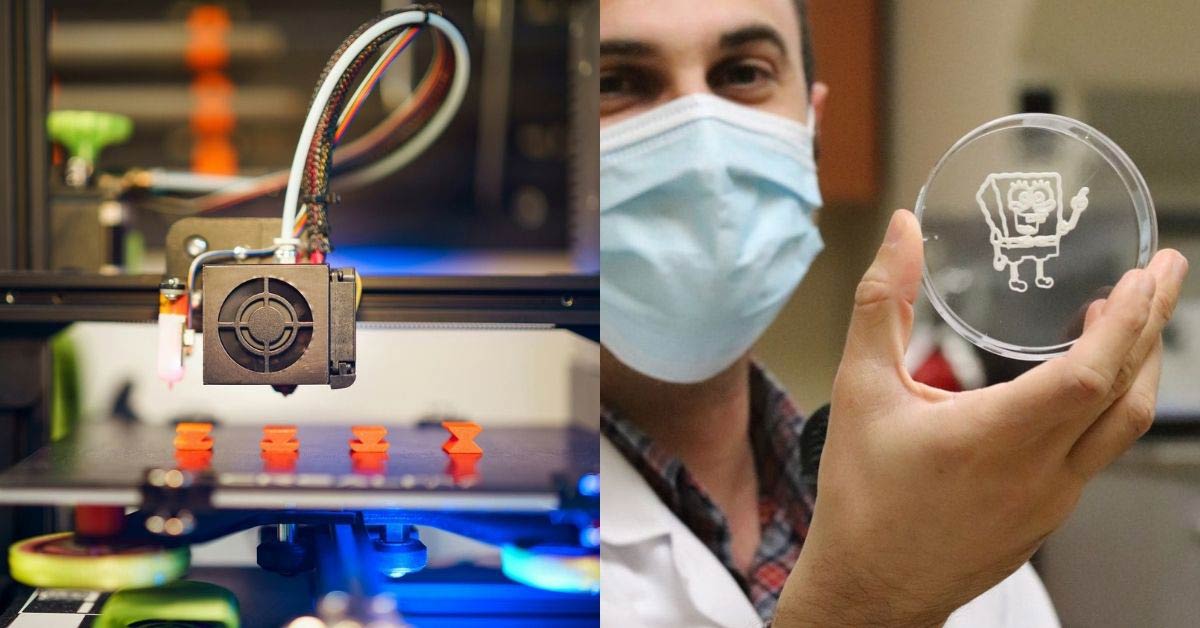On her most recent stay at Coffee Creek Correctional Facility in Wilsonville, Oregon, 45-year-old Adria White knew that she needed more than a drug treatment program.
She was up for release soon, and while that program, which she’d participated in twice before, included useful tools like mindfulness training and behavioral therapy, it did little to prepare her for getting a job on the outside.
“You learn coping skills,” says White, who became dependent on methamphetamines at around age 30. “But when you get out and you’re poor and struggling, that doesn’t solve your life problems.”
So when her cellmate told her about Lettuce Grow, a sustainable gardening program that takes place at 16 Oregon prisons and juvenile detention centers, she signed up, hoping the skills she’d gain would help her land a job at a nursery or start a community garden in her hometown.
Though she had zero prior gardening experience, White, it turns out, has a green thumb. Soon she was digging her hands into the small garden plot on the medium security side of the prison, planting mainly flowers and herbs.
“I spent a lot of hours out there — as many as I was allowed. I fell in love with my plants. There’s a bond,” she says. Dahlias became her favorite flower. “They are fast and they are so eye-catching!”
She also loved the aroma of the herbs — particularly lavender and sage — and shared them with others. “Women started rubbing lavender on their Covid masks,” she laughs.
One of the privileges of the gardening program is that participants are permitted to go outside when the yard isn’t officially open.
“I was like, ‘This is cool. I can go outside and no one is out there!’” she says. Over time, her gardening work became more than just a chance for some limited freedom from confinement. It grew into a full-fledged passion.
White was scheduled to take the next sustainable gardening class in September, right after she’d moved to minimum security, but the entire prison was evacuated due to wildfires.
When prisoners and staff returned to the facility, a Covid outbreak resulted in a lockdown that barred all visitors including the Lettuce Grow staff and volunteers.
“As a precaution we had provided the class with the text books and class materials, just in case we got shut out,” says Lettuce Grow director Rima Green. White, undeterred, worked her way through the class materials on her own.
“That’s no mean feat,” emphasizes Green. The curriculum, from Oregon State University’s Extension Service, is a college-level class.
Green and staff were finally allowed back into Coffee Creek in March, and got to know White as they gardened with her, side by side.
Green was so impressed by White’s skills and determination that she hired White, who was released in May, to be a part-time employee at Lettuce Grow, which is a program of the Portland-based nonprofit Growing Gardens.
In her new job, White is doing office work such as correspondence, surveys and coordination with volunteers.
Other graduates of the Lettuce Grow program have gone on to find jobs at Portland Nursery, a family-run garden center with two locations, and other horticultural-related businesses in Oregon.
Lettuce Grow was founded by attorney and master gardener Sarah Van Roo in 2009 with 15 incarcerated people in two Oregon prisons. Van Roo’s original intent was to improve the nutritional quality of the meals served to residents, some of whom she’d befriended while teaching yoga at Coffee Creek.
In 2015, Lettuce Grow merged with Growing Gardens, which promotes food security by building gardens at schools and in residents’ backyards.
Today, 11 years later, Lettuce Grow serves 200 incarcerated people in Oregon each year, providing them with valuable job skills and a respite from the drudgery of prison life.
Those enrolled in the program are able to take classes like the Oregon Food Bank’s Seed to Supper class, Oregon State University’s Sustainable Gardening class and an advanced Greenhouse Management class.
Because participants cultivate a vegetable garden on site, Lettuce Grow also gives prisoners access to healthy, delicious food, like fresh-from-the-garden tomatoes, spinach, snap peas, kale, lettuce, summer squash and broccoli.
In 2020, even amid the pandemic, the State Corrections system grew 365,536 pounds of food. Some 97 percent of that went into the institutions’ kitchens. (The rest was delivered to food banks across the state.)
This total does not include the produce grown in federal prisons in Oregon like the one in Sheridan, where residents harvested 100,000 pounds of food in 2020, all of which was consumed at the prison cafeteria.
But the program’s most impressive data may be that which shows participants have just a four percent recidivism rate — the national average at state correctional systems, according to the Bureau of Justice Statistics, is 68 percent within three years.
White was hired as a prison gardener when she moved to the minimum security facility within Coffee Creek. When she got there in September, the garden had seen better days due to staffing shortages and one uncooperative correction officer.
“It had been neglected, with the quarantine and the fires,” she says. “And the voles!” Despite being a menace to the garden, the voles became popular with the gardeners, who gave them names and treated them like pets.
Meanwhile, White spent so much time weeding that at night she dreamt she was pulling weeds. She was paid $50 per month for four 40-hour weeks — a very small sum, but one that is fairly typical for what incarcerated folks earn.
There’s a lot of creativity at Coffee Creek’s minimum security garden. One woman has designed a “Three Sisters” garden of corn, beans and squash. Another used flowers to recreate the album cover of Pink Floyd’s The Dark Side of the Moon. White grew flowers and herbs, and with other gardeners harvested vegetables and fruits for Coffee Creek’s cafeteria. That was probably the most rewarding part of the job, White says.
“When we got the fruits and vegetables on the trays, every single woman was grateful. You could hear every woman talk about it. They would tell us thank you,” she says. “I also had people come up to me throughout the day while I was working and say how much the garden means to them — how seeing the flowers, having a place to sit down and see something natural instead of cement and barbed wire were good for the soul.”
Coffee Creek currently has about 800 residents, all of whom are women. At the cafeteria, the lines were always longer in summer, when the women knew that the garden’s abundance would show up on their trays. The tomatoes were the most popular item.
“In prison, they don’t ever serve tomatoes,” says White. “Some people — especially if they were lifers — when they got fresh organic tomatoes on their tray, it was an overwhelming sensory experience. There is a lot of emotion in eating a fresh tomato when you haven’t in ten years.”
For White, the garden had the added bonus of soothing her anxiety.
“I’m kind of reclusive. Being social is challenging for me,” she says. “I thought, ‘I’ll never be able to get a job, I’m so weird in public.’”
But gardening, of course, is a solitary pursuit, and White says getting better at it gave her confidence and made her realize that she can do something to make money. The first thing she did after being released this May, she says, was plant a garden at her daughter’s house.
“Every time I get anxious, I go into the garden,” she says. “The transition from prison life can be really tough. For me, to have something positive — something new to keep my mind busy until I have my perspective back — that has been huge.”
Unsurprisingly, the pandemic had a big impact on the program. None of Lettuce Grow’s 32 volunteers statewide were able to visit the facilities for months, and a number of the sustainable gardening and greenhouse management classes were cancelled.
At some sites, classes were conducted by members of the prison staff or even by incarcerated tutors themselves. At facilities like Coffee Creek — which had a number of lockdowns — there were no classes.
Everything White learned while in minimum security was from getting her hands dirty and from gleaning tips from fellow gardeners, or from Green and Mirabai Collins from Lettuce Grow, who were finally allowed in in March
But with vaccination rates increasing in Oregon prisons — at press time the prison vaccination rate was 71 percent, higher than the statewide rate — some facilities are starting to pilot face-to-face visitations, and Green is hopeful that volunteers will soon be allowed back in.
For White, learning how to garden has been nothing short of transformational.
She’s already found another gardening project to sink her hands into — she recently stumbled upon a community garden near her daughter’s house that was overgrown and neglected.
When she called the number for the volunteer organizer, the fellow who answered said he’d moved to California. Would she like to take it over?
White accepted the task, and is now eager to get in there and start weeding. She envisions a zen garden with lots of flowers.
“I want it to be a healing space,” she says. “It creates a healing energy instead of stress.”
This story is part of the SoJo Exchange from the Solutions Journalism Network, a nonprofit organization dedicated to rigorous reporting about responses to social problems. It was originally published by Reasons to be Cheerful.





